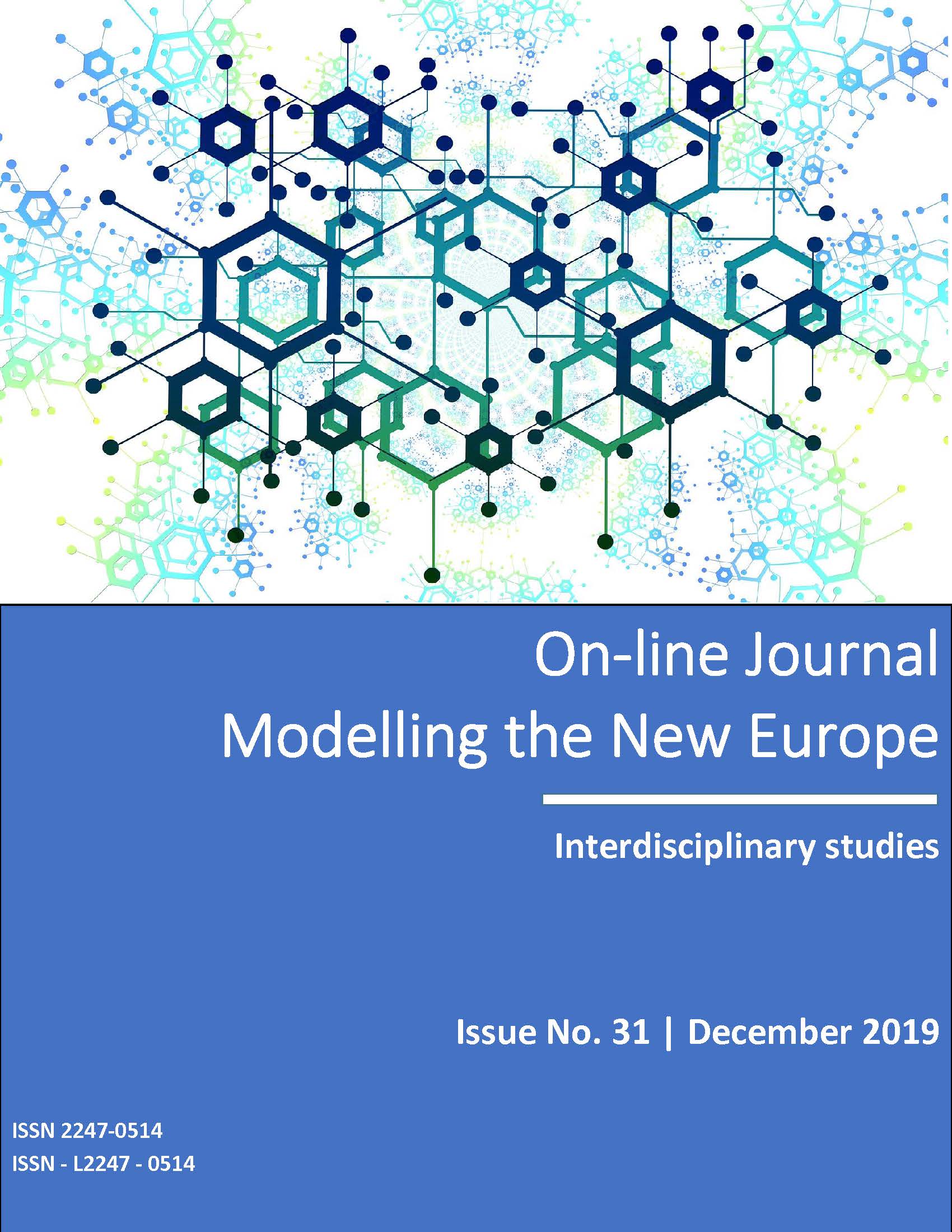CURRENT CHALLENGES TO THE EU INTEGRATION POLICY
CURRENT CHALLENGES TO THE EU INTEGRATION POLICY
Author(s): Nataliya Pipchenko, Ievgeniia Makarenko, Mykola RyzhkovSubject(s): Politics / Political Sciences, Politics
Published by: Facultatea de Studii Europene -Universitatea Babeş-Bolyai
Keywords: political and economic challenges; security challenges; social challenges; media narratives; EU;
Summary/Abstract: The article explores the conceptual and applied aspects of the EU integration policy in the system of strategic risks in the functioning of a supranational organization. The political, economic, security, energy, social and climate factors under analysis have been perceived as asymmetric in the European space because the European countries with diverse economic and political potential are unable to simultaneously engage in several advanced forms of integration as leading Member States. The emergence of new leaders, new risks for supranational governance, new approaches to defining the common foreign and security policy, in particular in the context of threats to regional peace and stability, have been identified as the key challenges. While the political, social and cultural dimensions of the European integration were considered more important than economic and security stability but the large-scale protests of the European community related to widespread disturbances of public safety and clashes with police, as well as the EU internal contradictions caused by the migration crisis have demonstrated that the EU Member States adopt different approaches to the solution of political, economic and social challenges of the integration policy. Based on the English-language news collection in ‘Media Cloud’ that includes 1630 international and national media resources, the transformation of the main narratives in 2014-2019 about the changing media attention to the challenges facing EU integration policy has been investigated. The pan-European and international context related to Brexit, the EU economic relations, the EU energy security, the regional instability, terrorist attacks in the European countries, cyber security and climate change are identified as important topics for media discussions.
Journal: Online Journal Modelling the New Europe
- Issue Year: 2019
- Issue No: 31
- Page Range: 37-60
- Page Count: 23
- Language: English

